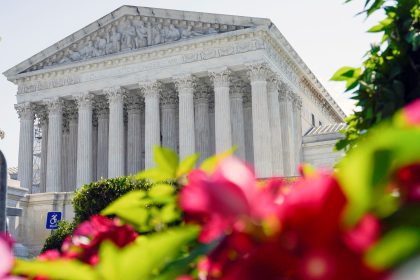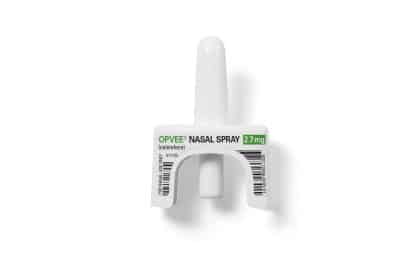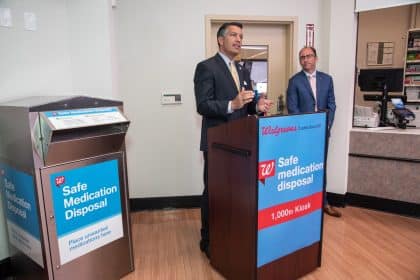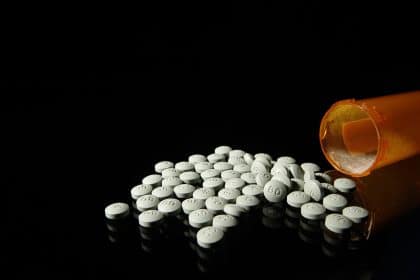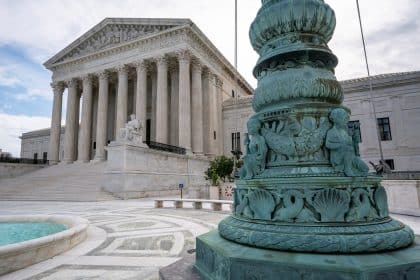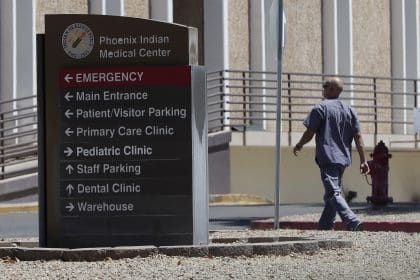Congressional Delegation Secures New Hampshire Additional $11.9 Million in Opioid Funds
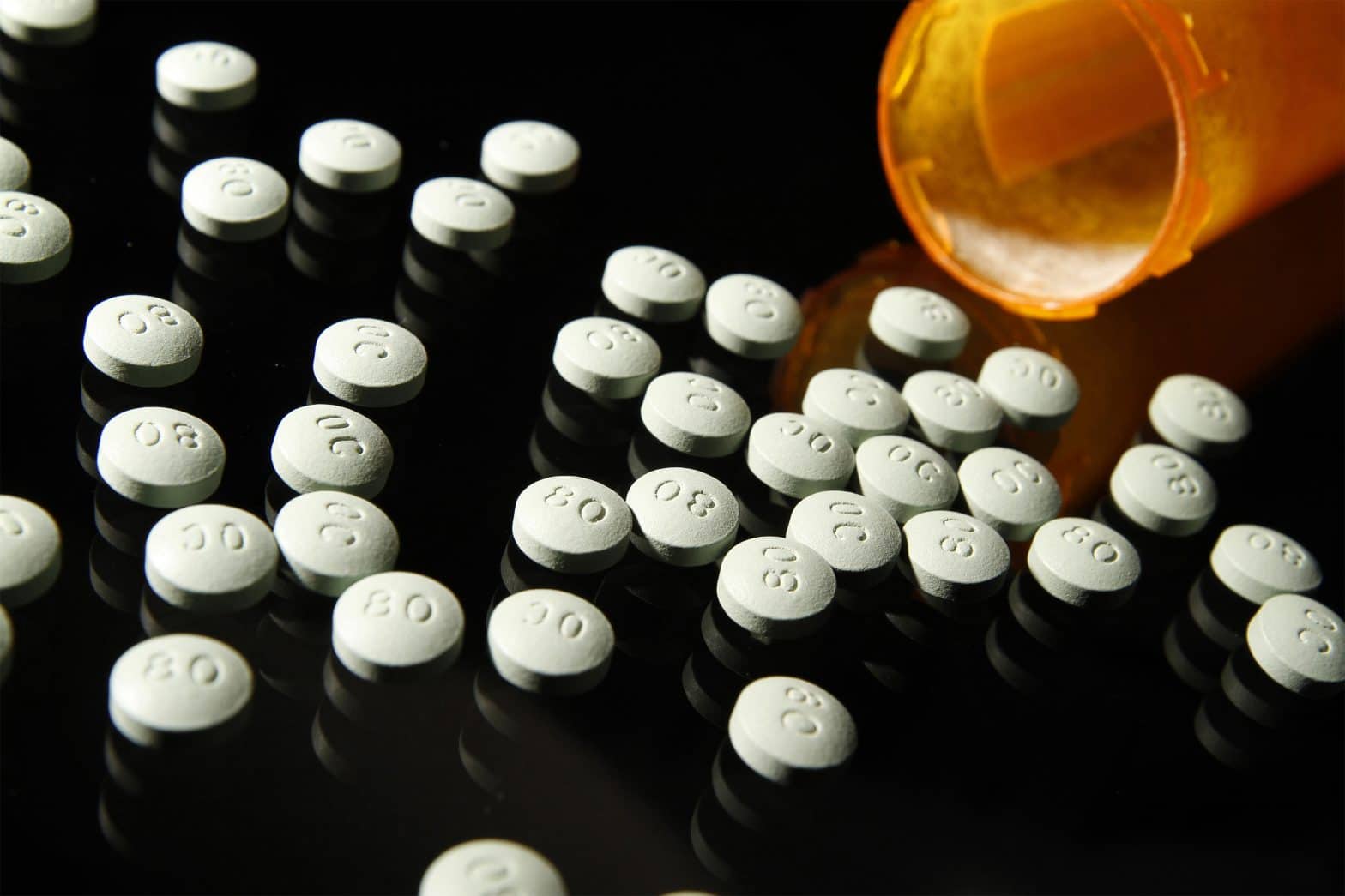
New Hampshire will receive an additional $11.9 million to address the state’s opioid crisis thanks to the willingness of the Granite State’s congressional delegation to reach across the aisle and seek bipartisan support for the infusion of federal funding.
New Hampshire was already in line to receive $22.9 million in opioid treatment funding later this year.
But earlier this month, the delegation was also able to convince the administration to allow for a 15 percent “set-aside” for states with the highest opioid overdose death rates. New Hampshire is one of those states.
As a result of the delegation’s efforts, all of the $1.5 billion in total federal funding for state grants will be subject to the set-aside.
“This additional funding is very welcome news and can immediately be put to use providing treatment to Granite Staters who desperately need it,” said Senator Jeanne Shaheen, D-N.H., said in a written statement.
“Every life lost to an overdose is a tremendous tragedy and New Hampshire remains one of the states hardest hit by this crisis, which is why I’ve fought to make sure our state is prioritized in the funding process,” she continued. “These resources will help save lives and by continuing to work across the aisle, we can build on the progress we’ve made in this year’s budget process.”
“I am encouraged that the Trump Administration heeded our calls for additional funding, but the greatest mistake anyone could make is to think that this fight is anywhere near over,” said Senator Maggie Hassan, D-N.H.
“We cannot let up in our efforts to combat this crisis and help save lives, and I’ll keep working across party lines to ensure that those on the front lines are receiving the federal support that they need,” she said.
The allocation of additional funding was a sweet victory for Senator Shaheen, who has been fighting for emergency funding to address the opioid epidemic since 2015.
That year she proposed legislation that would have provided $600 million in funding to the front lines of the epidemic. However, Republican leadership in the Senate blocked this initial proposal.
Undeterred, she continue to speak out on the issue, and played a leading role in all four major pieces of opioid funding legislation enacted by Congress in the past four years.
Earlier this month, Shaheen, Hassan, and Democratic Representatives Annie Kuster and Chris Pappas wrote President Trump, asking him to continue funding the State Opioid Response grants, which was originally established through the 21st Century Cures Act, and increased and refined by the FY 2018 Omnibus and FY 2019 HHS appropriations.
In a matter of days, the delegation got the very response they hoped for; the welcome boost of funding for opioid treatment was announced last week by the U.S. Department of Health and Human Services.
“The opioid epidemic has impacted communities across New Hampshire and we need a response that’s equal to the scope of this challenge,” said Representative Kuster, the founder and co-chair of the Bipartisan Opioid Task Force. “That’s why we pushed to expand resources for those on the frontlines of the crisis in New Hampshire. This funding will help bolster local efforts to expand prevention, treatment, and long-term recovery.”
Representative Pappas said the additional $11.9 million is critical for New Hampshire to continue to heighten its response to the state’s opioid epidemic.
“In order to build out the hub and spoke system and expand access to treatment, New Hampshire needs sustained federal funding,” Pappas said. “These dollars will help save lives, improve health outcomes, and support state strategies that hold great promise.”



















